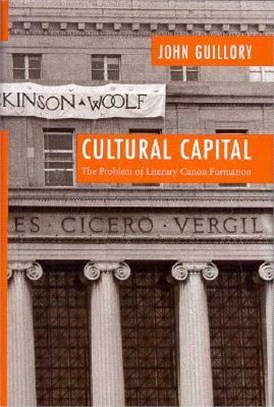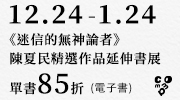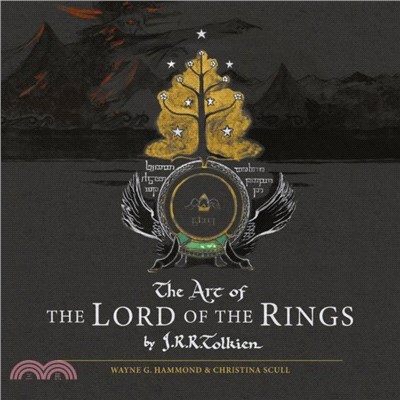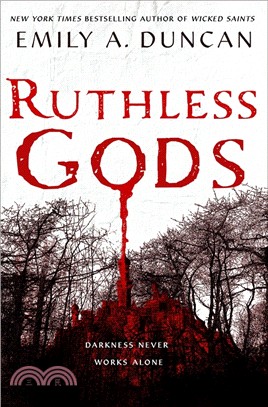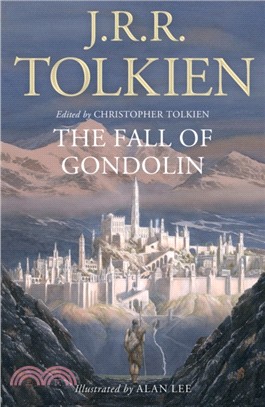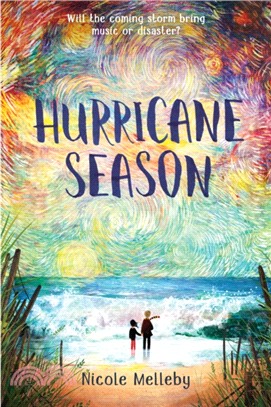Cultural Capital ─ The Problem of Literary Canon Formation
商品資訊
ISBN13:9780226310435
出版社:Univ of Chicago Pr
作者:John Guillory
出版日:1993/07/01
裝訂:精裝
規格:23.5cm*15.9cm*2.5cm (高/寬/厚)
定價
:NT$ 3762 元優惠價
:90 折 3386 元
無庫存,下單後進貨(到貨天數約30-45天)
下單可得紅利積點:101 點
商品簡介
相關商品
商品簡介
In Cultural Capital, John Guillory challenges the most fundamental premises of the canon debate by resituating the problem of canon formation in an entirely new theoretical framework. The result is a book that promises to recast not only the debate about the literary curriculum but also the controversy over "multiculturalism" and the current "crisis of the humanities."
Guillory argues that canon formation must be understood less as a question of representing social groups in the canon than of distributing "cultural capital" in the schools, which regulate access to literacy, the practices of reading and writing. He declines to reduce the history of canon formation to one of individual reputations or the ideological contents of particular works, arguing that a critique of the canon fixated on the concept of authorial identity overlooks historical transformations in the forms of cultural capital that have underwritten judgments of individual authors. The most important of these transformations is the emergence of "literature" in the later eighteenth century as the name of the cultural capital of the bourgeoisie.
In three case studies, Guillory charts the rise and decline of the category of "literature" as the organizing principle of canon formation in the modern period. He considers the institutionalization of the English vernacular canon in eighteenth-century primary schools; the polemic on behalf of a New Critical modernist canon in the university; and the appearance of a "canon of theory" supplementing the literary curriculum in the graduate schools and marking the onset of a terminal crisis of literature as the dominant form of cultural capital in the schools.
The final chapter of Cultural Capital examines recent theories of value judgment, which have strongly reaffirmed cultural relativism as the necessary implication of canon critique. Contrasting the relativist position with Pierre Bourdieu's very different sociology of judgment, Guillory concludes that the object of a revisionary critique of aesthetic evaluation should not be to discredit judgment, but to reform the conditions of its practice in the schools by universalizing access to the means of literary production and consumption.
Guillory argues that canon formation must be understood less as a question of representing social groups in the canon than of distributing "cultural capital" in the schools, which regulate access to literacy, the practices of reading and writing. He declines to reduce the history of canon formation to one of individual reputations or the ideological contents of particular works, arguing that a critique of the canon fixated on the concept of authorial identity overlooks historical transformations in the forms of cultural capital that have underwritten judgments of individual authors. The most important of these transformations is the emergence of "literature" in the later eighteenth century as the name of the cultural capital of the bourgeoisie.
In three case studies, Guillory charts the rise and decline of the category of "literature" as the organizing principle of canon formation in the modern period. He considers the institutionalization of the English vernacular canon in eighteenth-century primary schools; the polemic on behalf of a New Critical modernist canon in the university; and the appearance of a "canon of theory" supplementing the literary curriculum in the graduate schools and marking the onset of a terminal crisis of literature as the dominant form of cultural capital in the schools.
The final chapter of Cultural Capital examines recent theories of value judgment, which have strongly reaffirmed cultural relativism as the necessary implication of canon critique. Contrasting the relativist position with Pierre Bourdieu's very different sociology of judgment, Guillory concludes that the object of a revisionary critique of aesthetic evaluation should not be to discredit judgment, but to reform the conditions of its practice in the schools by universalizing access to the means of literary production and consumption.
主題書展
更多
主題書展
更多書展今日66折
您曾經瀏覽過的商品
購物須知
外文書商品之書封,為出版社提供之樣本。實際出貨商品,以出版社所提供之現有版本為主。部份書籍,因出版社供應狀況特殊,匯率將依實際狀況做調整。
無庫存之商品,在您完成訂單程序之後,將以空運的方式為你下單調貨。為了縮短等待的時間,建議您將外文書與其他商品分開下單,以獲得最快的取貨速度,平均調貨時間為1~2個月。
為了保護您的權益,「三民網路書店」提供會員七日商品鑑賞期(收到商品為起始日)。
若要辦理退貨,請在商品鑑賞期內寄回,且商品必須是全新狀態與完整包裝(商品、附件、發票、隨貨贈品等)否則恕不接受退貨。



